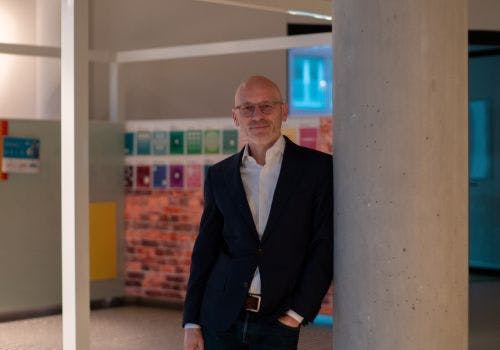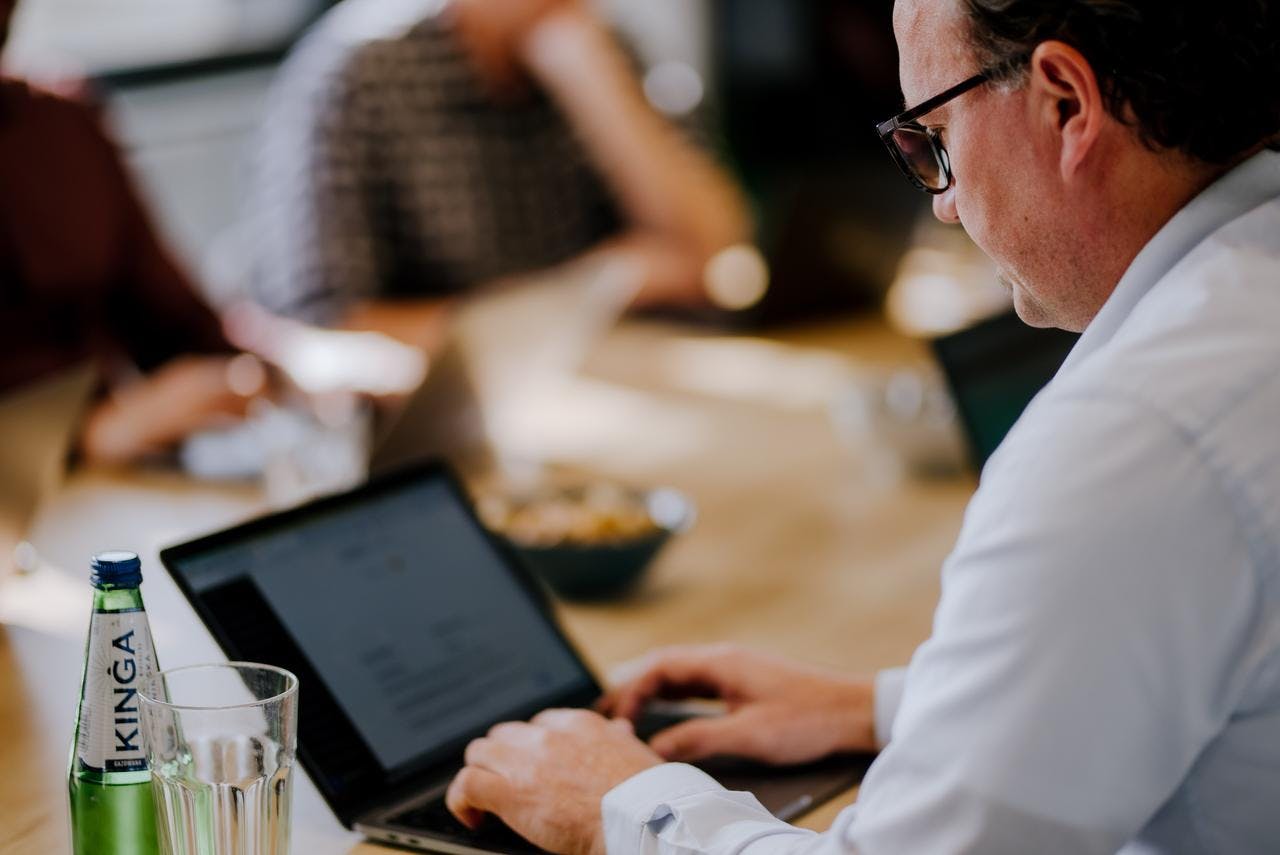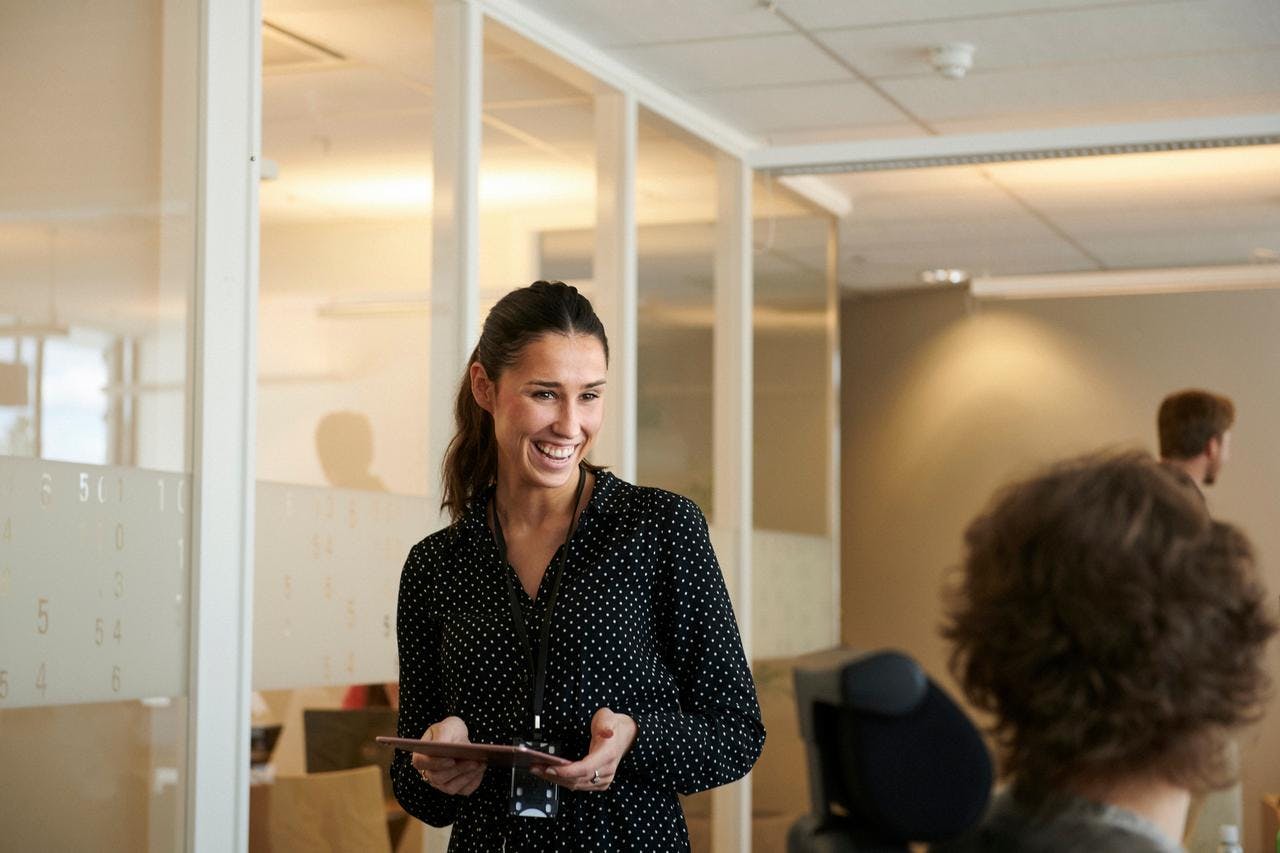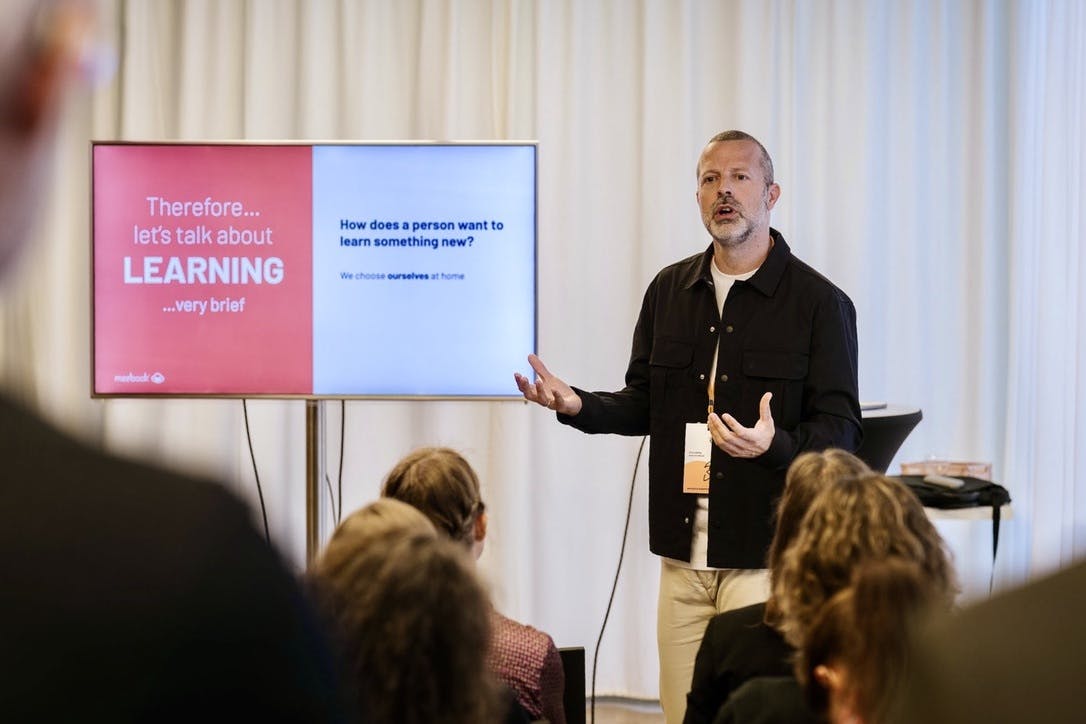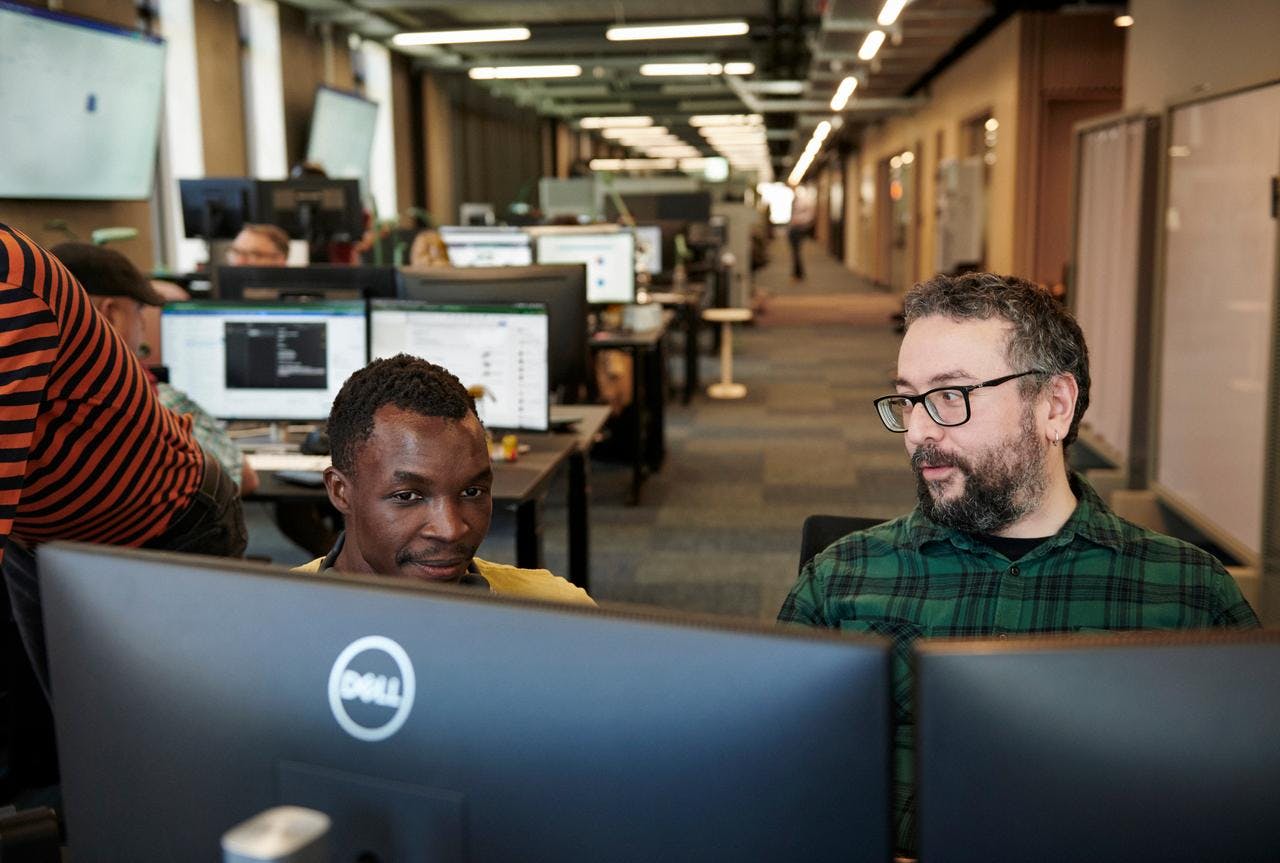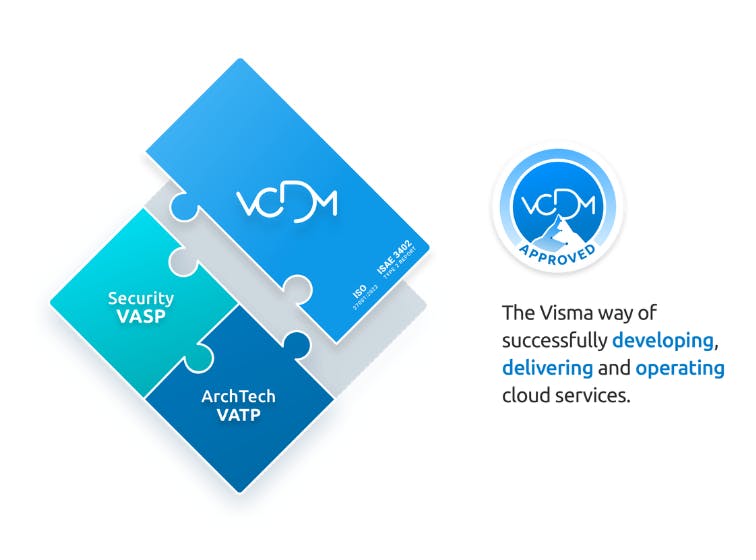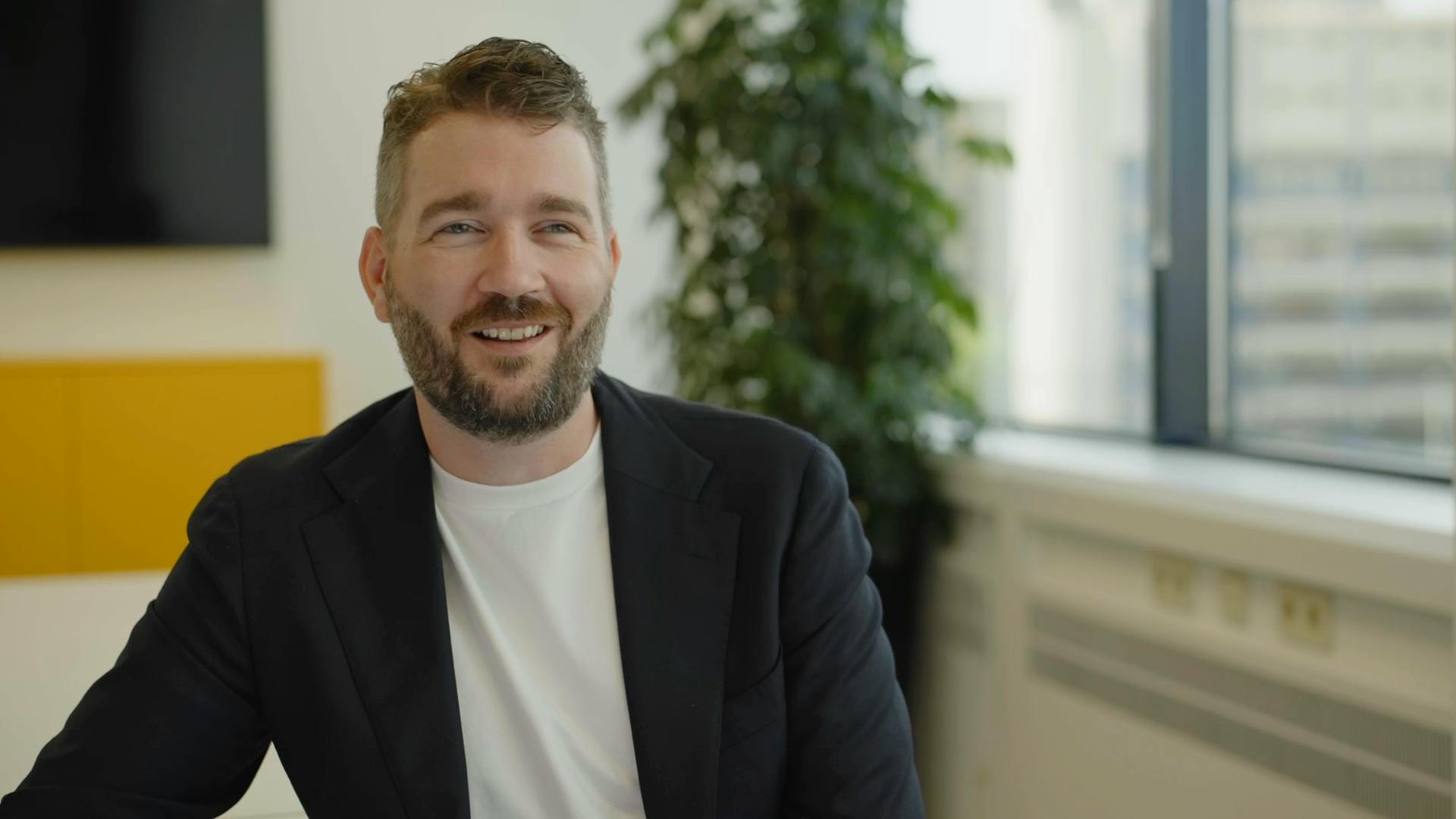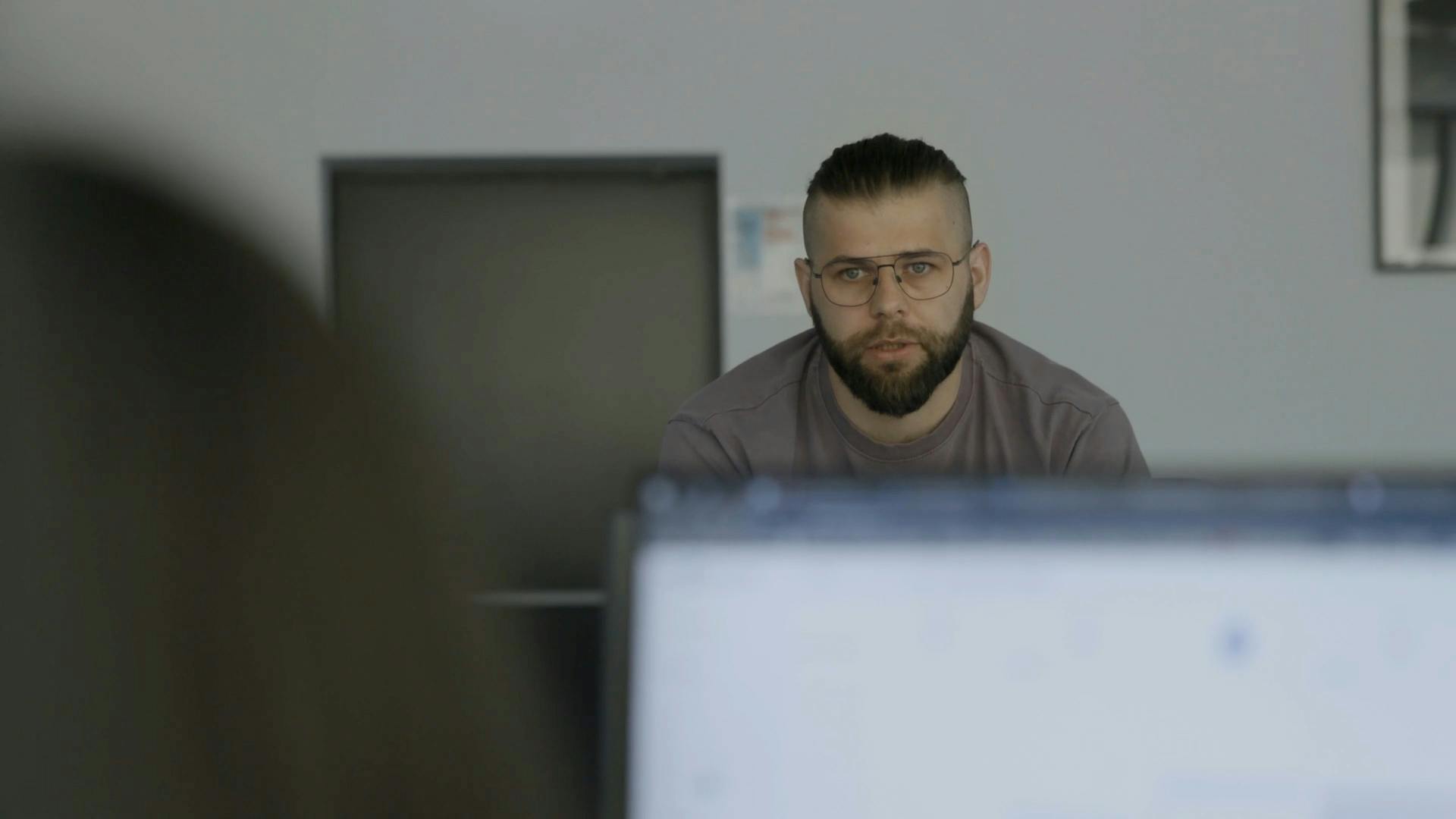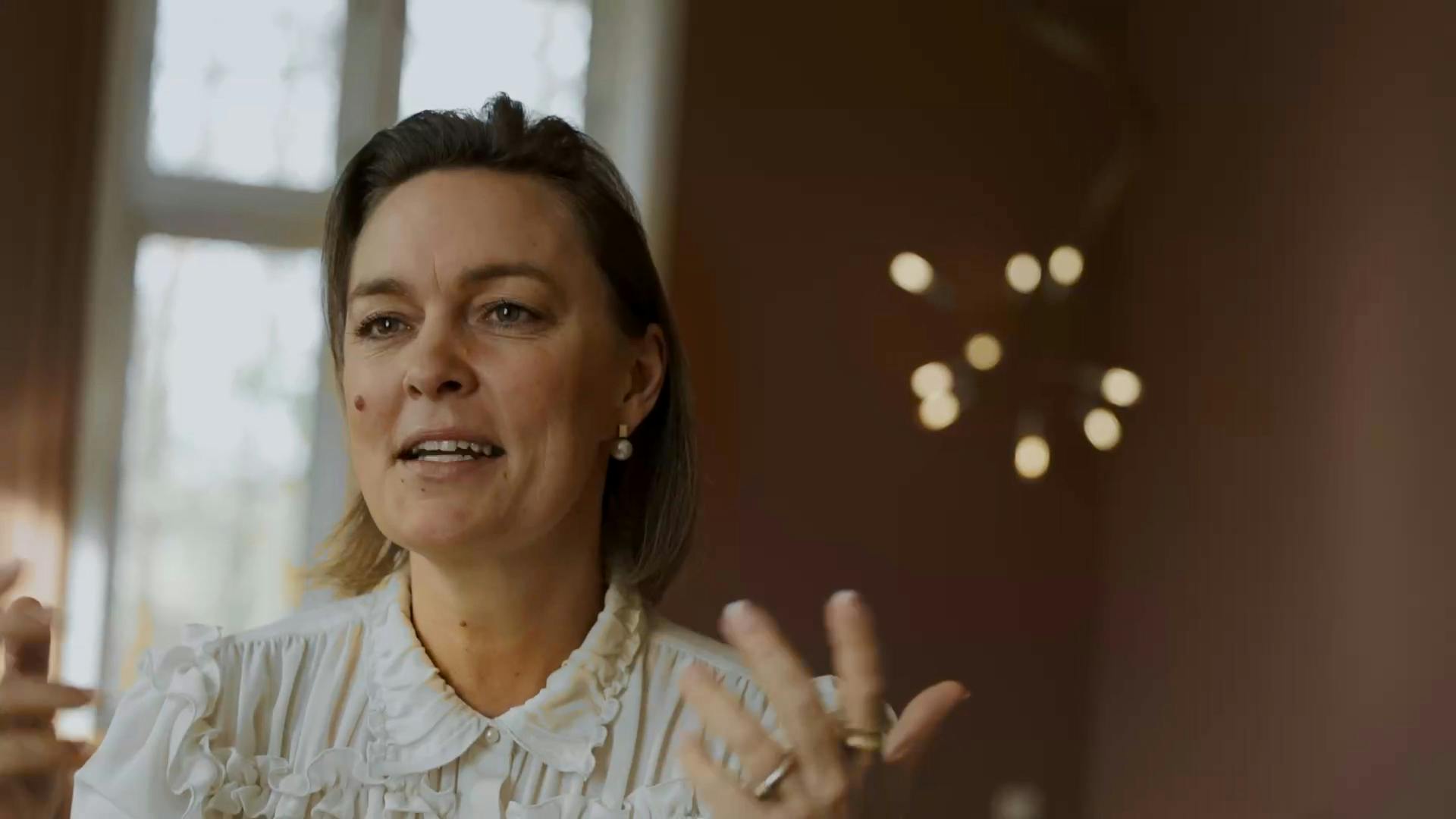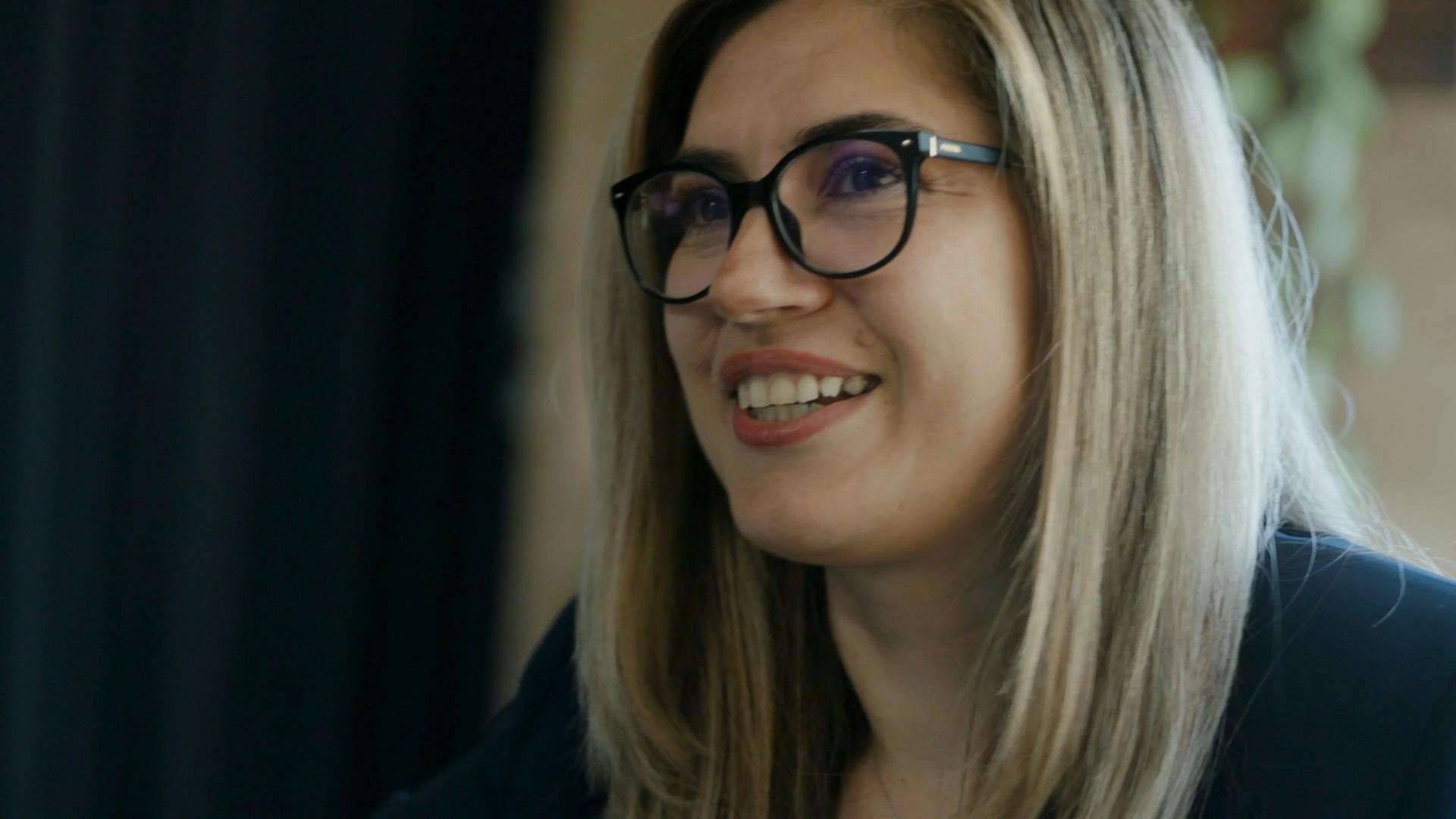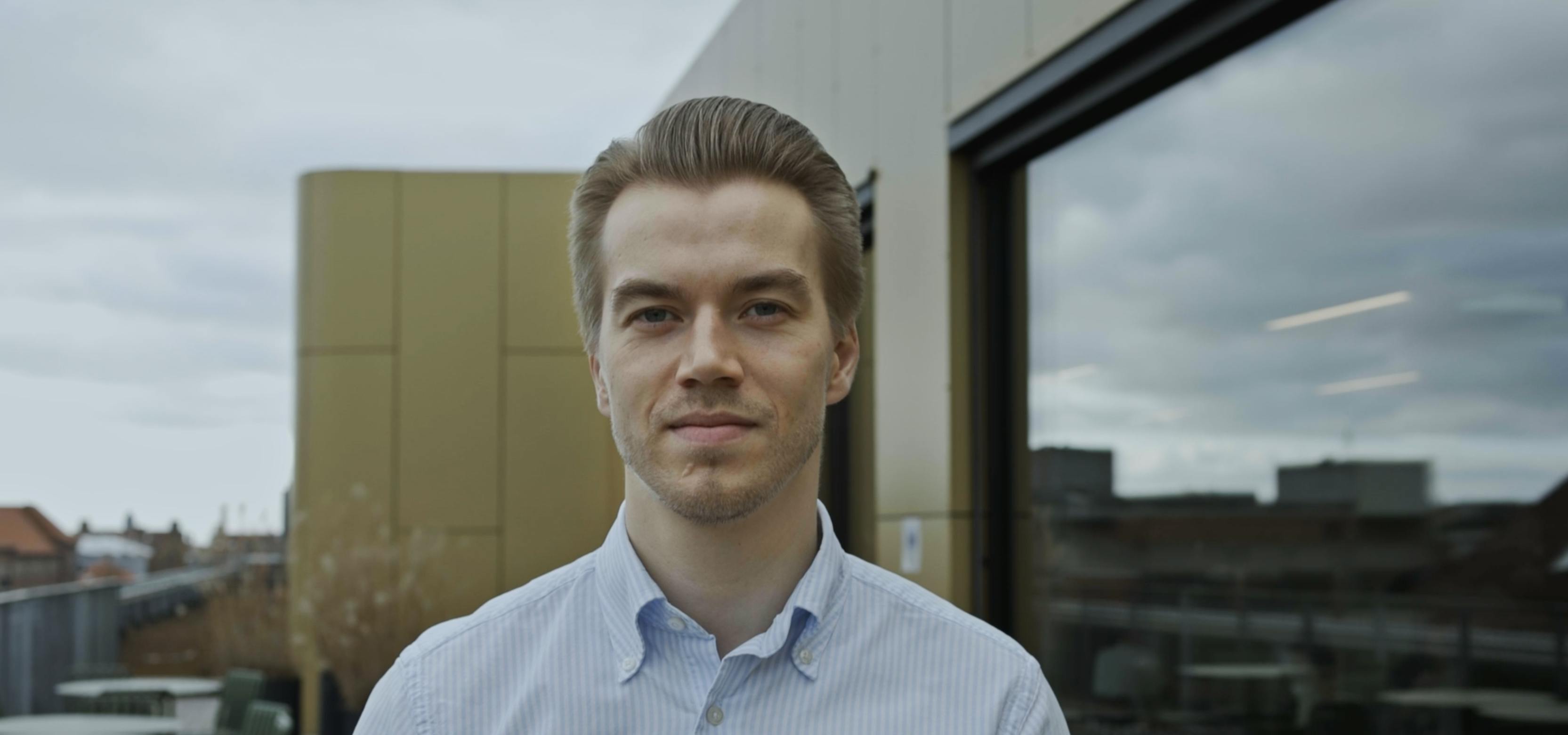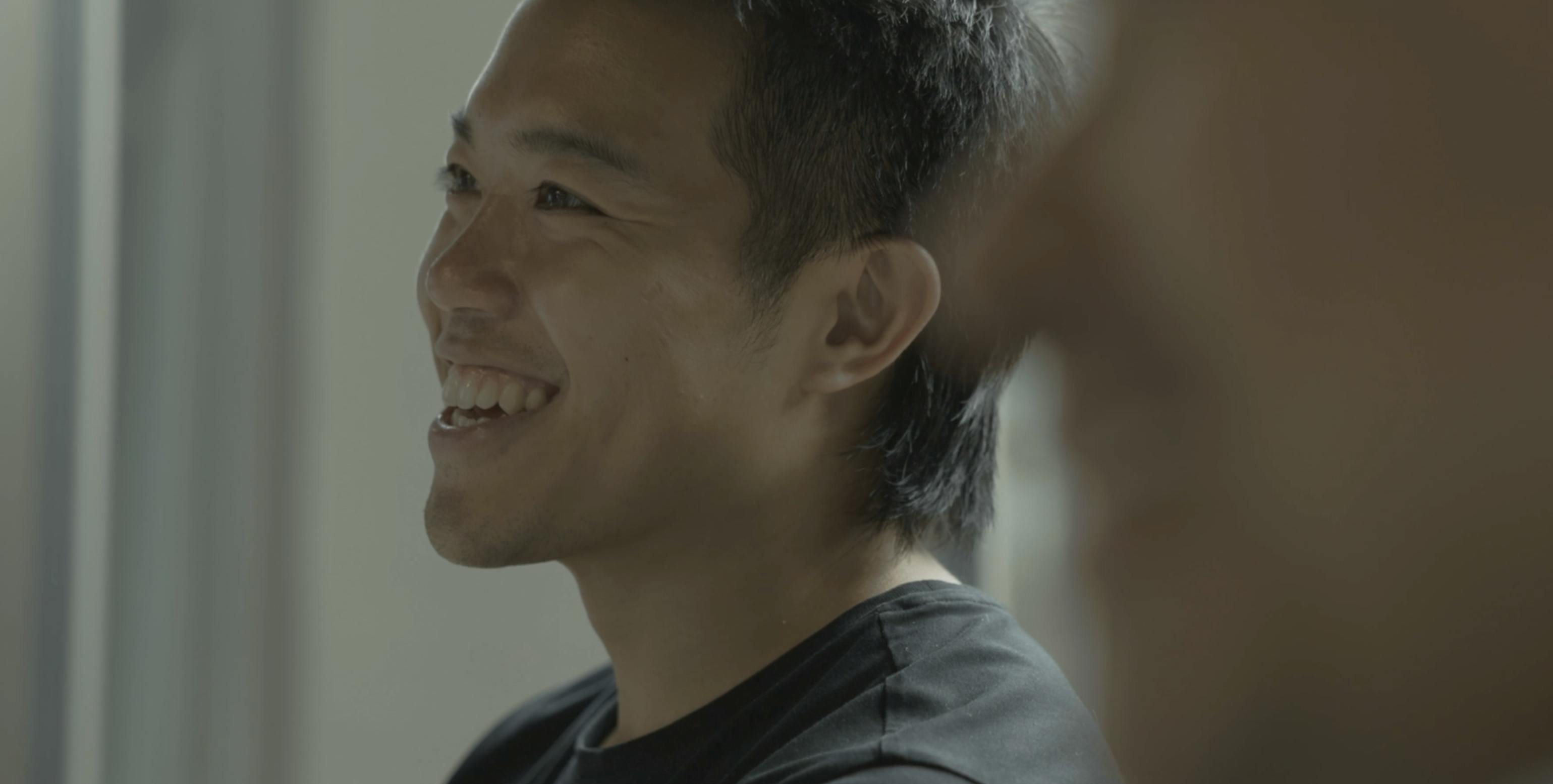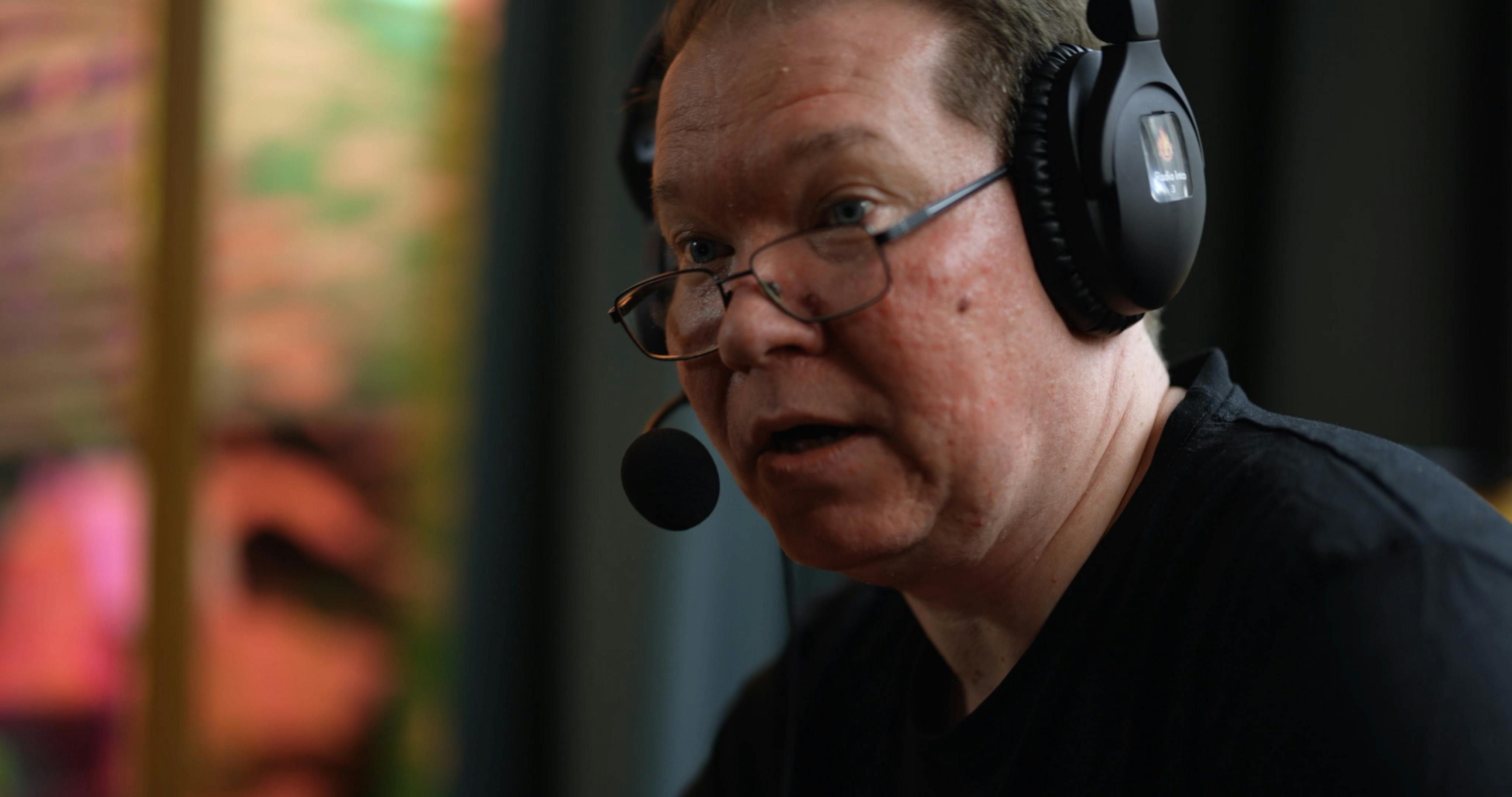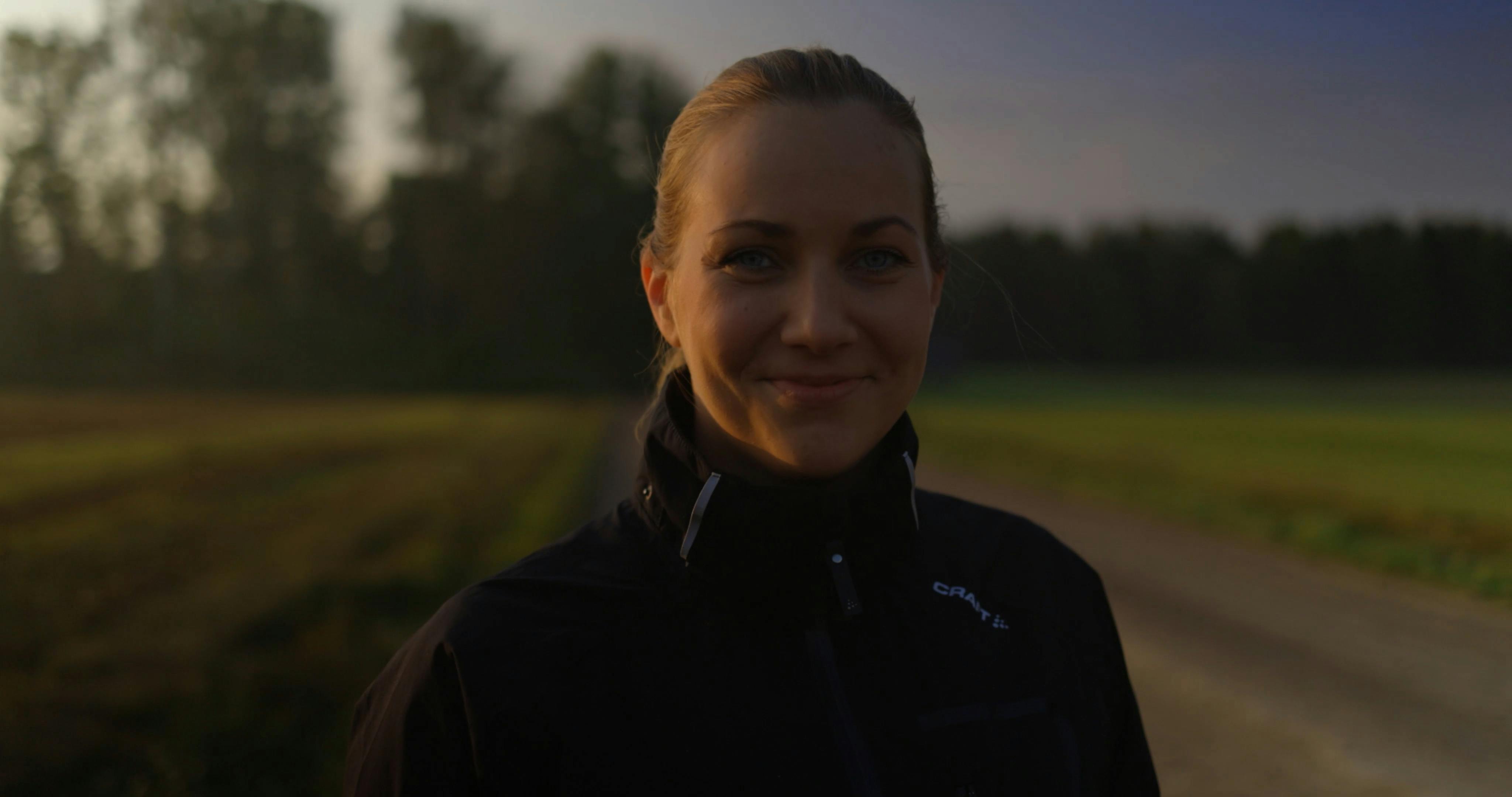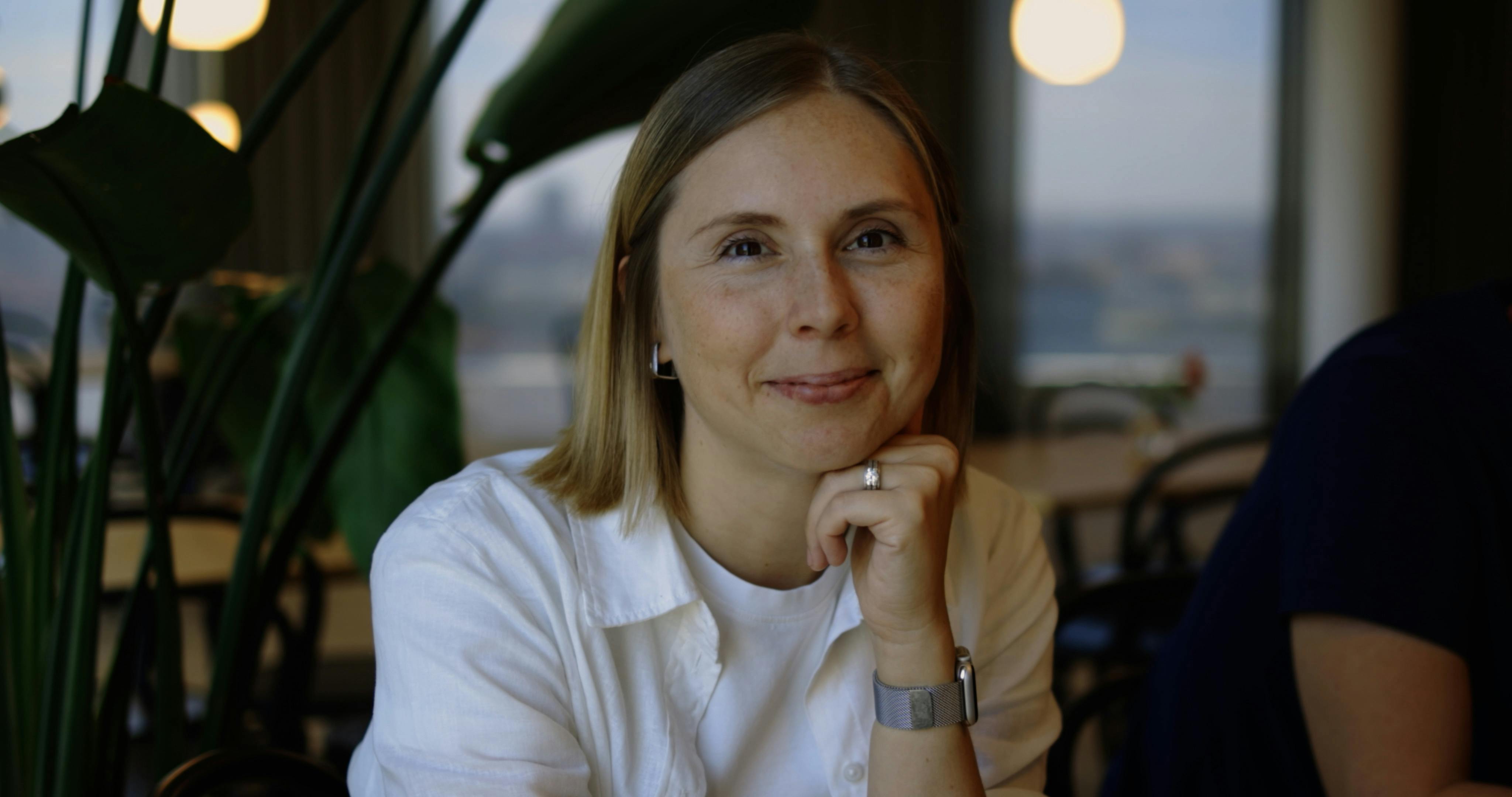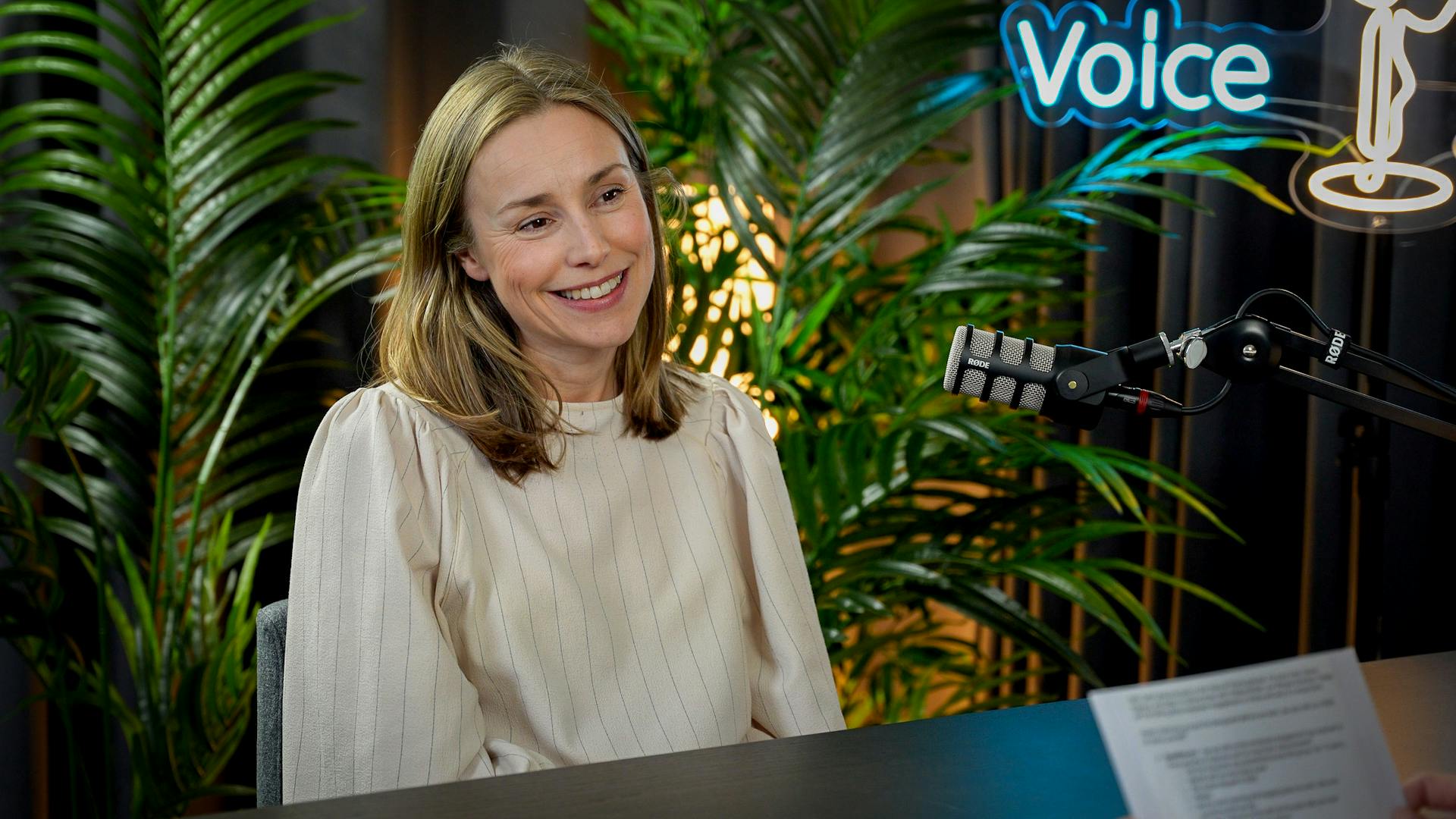Article
How Visma invests in sustainability
21/4/2022
min read
Sustainability

It’s now clear that we must reach net-zero greenhouse gas emissions by 2050 if we want to keep the global temperature below 1,5°C. The theme for Earth Day 2022 is Invest in Our Planet; the point here is that we must put time, money and effort into meeting our global climate goals.
Visma is heavily invested in making society function better — after all, our vision is to shape the future of society through technology. Aided by the right digital tools and technology, society can run more smoothly and be more effective.
People can also be more empowered. When they benefit from business-critical and time-saving software, they can be more effective at work, spend more time doing the things they care about, and have more fun, too.
Given that our software reaches so many people, a tweak here and a nudge there can produce significant effects.
The concept of “What can I do?”
It’s vital to us that we live and breathe sustainability at Visma, just as we do technology and security. That’s why we encourage employees to think about sustainability at several levels. Since individuals are the ones who drive change, it’s important that we start by examining our own behaviours and how these impact the people and environment around us. With this understanding, it’s easier to get the relevant people involved when it comes to making improvements internally and externally.
There are three questions employees should ask themselves: “What do I do?”, “How do I work?”, and “How do we help customers?”.
Individual: What do I do at work?
Employees should periodically ask themselves a number of questions about their work-related activities.
- How do I get to work? Do I drive, bike, or take public transit? Do I have the possibility to make lower-carbon transit choices?
- What do I eat at work? Does my diet consist of climate-intensive foods that I could replace with something equally tasty and nutritious?
- Do I use single-use products? If so, could I take steps to reduce how many I use? Am I recycling the ones I do use?
- Do I print? For what purpose and is it always necessary?
- How long do I use my hardware? Do I try to repair it before I replace it?
- How often do I fly? Are there cases where physical meetings are unnecessary and we can arrange digital meetings instead? Or perhaps I could take the train instead, if travel is necessary?
These are just a handful of questions that we encourage employees to ask themselves. If everyone takes the time to consider these areas, it adds up to reduced stress on the environment, and sets the stage for deeper conversations with colleagues.
Team: How do I work at work?
With individual choices top of mind, it’s easier for people to think about how they can incorporate sustainability thinking into their teams and work tasks. Some common questions include:
- How much do I take sustainability into account in my daily job?
- Do I bring up the topic with my colleagues and teams? How can I get them interested and involved?
- How is sustainability integrated into our processes? Our project management? What about in our products?
- Do we think about sustainability when going to customers? In our sales pitches?
Customers: How do we help customers at work?
The final area to consider is external and relates to how we can help our customers be more sustainable. Questions to ask include:
- Do I create sustainability opportunities for customers in our products? Could we?
- Are there opportunities to incorporate sustainability features in our products?
- Are we tapped into what customers expect from us in terms of sustainability?
- How well are we informing our customers and other stakeholders what we’re doing? How well are we marketing our efforts?
By this time, employees will have gone through all three levels: from thinking about sustainability at the level of individual choices and actions, to how they can help colleagues, the company, and customers at a larger scale. Notice also the subtle difference: we have gone from thinking about what “I” as an individual can do to what “we” as a group can do.
Building a sustainability culture
2021 was the first year that Visma collected environmental data for all of its companies. This has allowed us to see our performance baseline, identify our top emission areas, look more closely at our suppliers’ sustainability performance, and begin to set carbon reduction targets.
This is all very important — but it can only take us so far. The most meaningful results occur when we fully embrace sustainability in our culture, throughout the organisation, from trainees to top management and everyone in between. When all of our decisions take sustainability into account, then we are truly investing in the planet.

Voice of Visma
Welcome to the Voice of Visma podcast, where we sit down with the business builders, entrepreneurs, and innovators across Visma, sharing their perspectives on how they scale companies, reshape industries, and create real customer value across markets.
